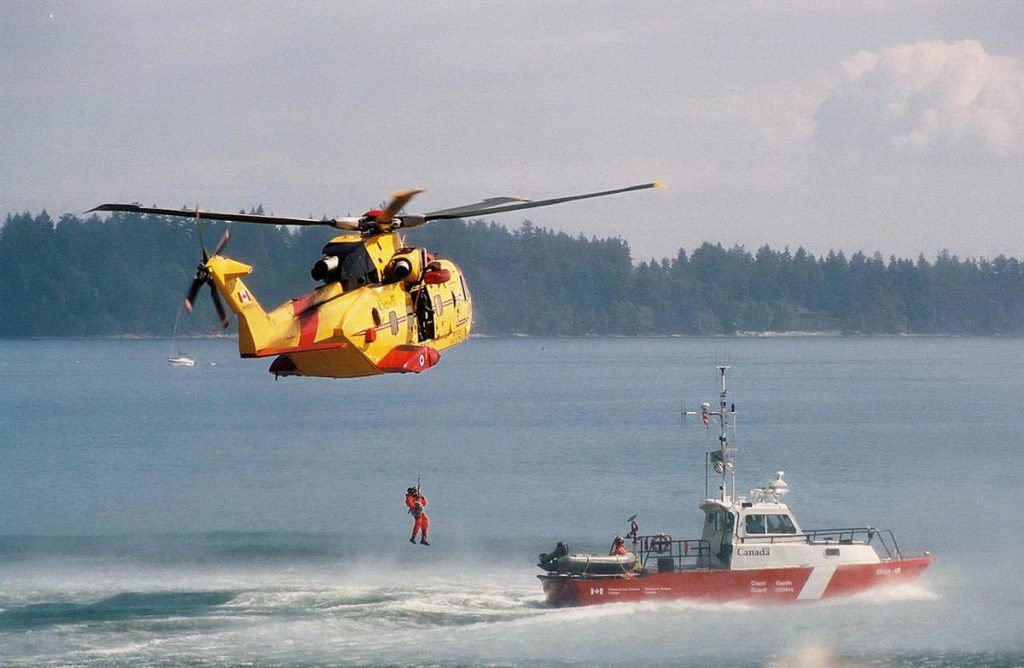Welcome to The Scuba News Canada 2nd of our 4 part icebreaking series. Ice Patrol.
In this episode, we jump on board one of our helicopters. You’ll get to learn all about ice patrol, a key step that determines our icebreaking operations.
The Canadian Coast Guard (CCG) established in 1962, duties include; marine search and rescue, communication, navigation, transportation problems in Canadian waters, such as navigation aids and icebreaking as well as responding to marine pollution and support for other initiatives by the Canadian government.
119 vessels of different sizes and 22 helicopters are run by the Canadian Coast Guard, along with a number of smaller craft. The CCG is based in Ottawa, Ontario, and is a Fisheries and Oceans Canada special operating agency (Department of Fisheries and Oceans). The CCG is a government maritime body without naval or law enforcement duties, unlike armed coast guards from many other nations. The Royal Canadian Navy is primarily responsible for naval activities in Canada’s maritime climate. Peace officers who work with different federal, provincial or even municipal law enforcement agencies can enforce Canada’s maritime-related federal statutes.
The Canadian Coast Guard College is based on scenic Cape Breton Island, Nova Scotia, and is a national maritime training centre. It’s a national college which provides French and English training and services. It offers services that support the mission and mandate of the College in the areas of maritime sustainability, safety and environmental protection. They celebrated their 55th anniversary in 2020.

Mission Mandate
“Canadian Coast Guard services support government priorities and economic prosperity and contribute to the safety, accessibility and security of Canadian waters.”






